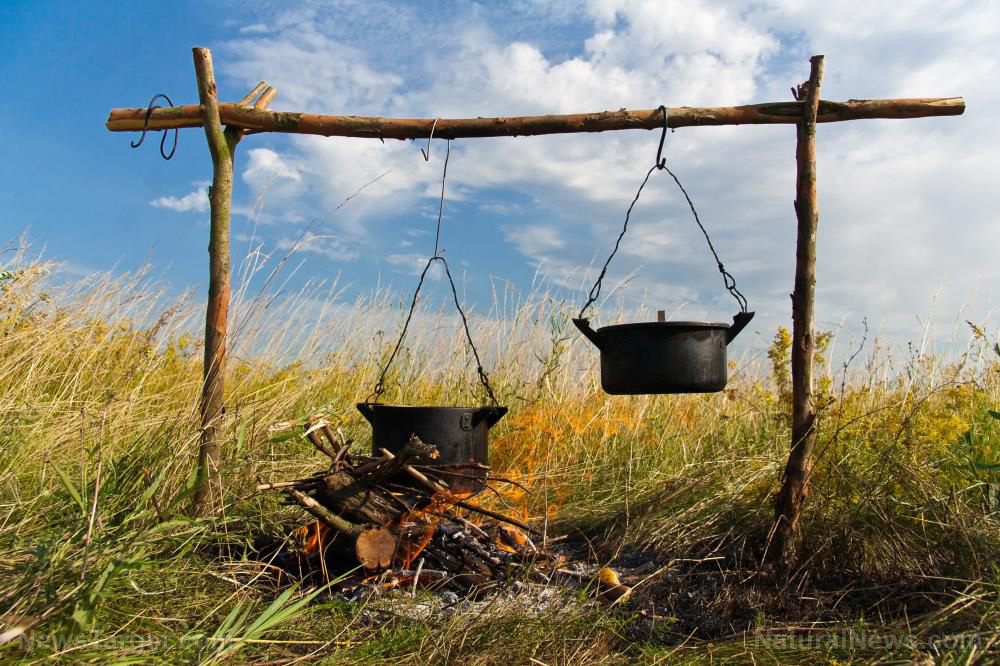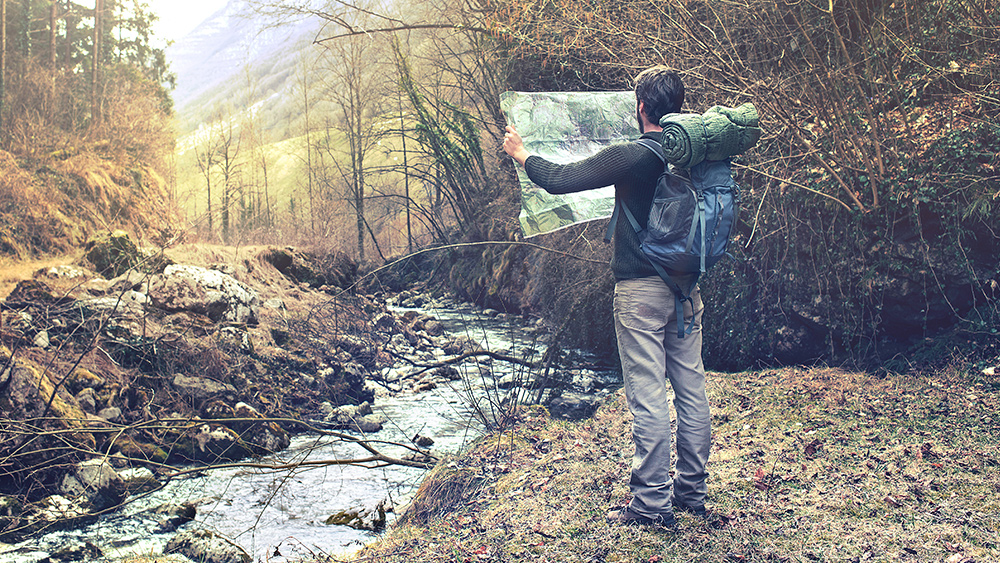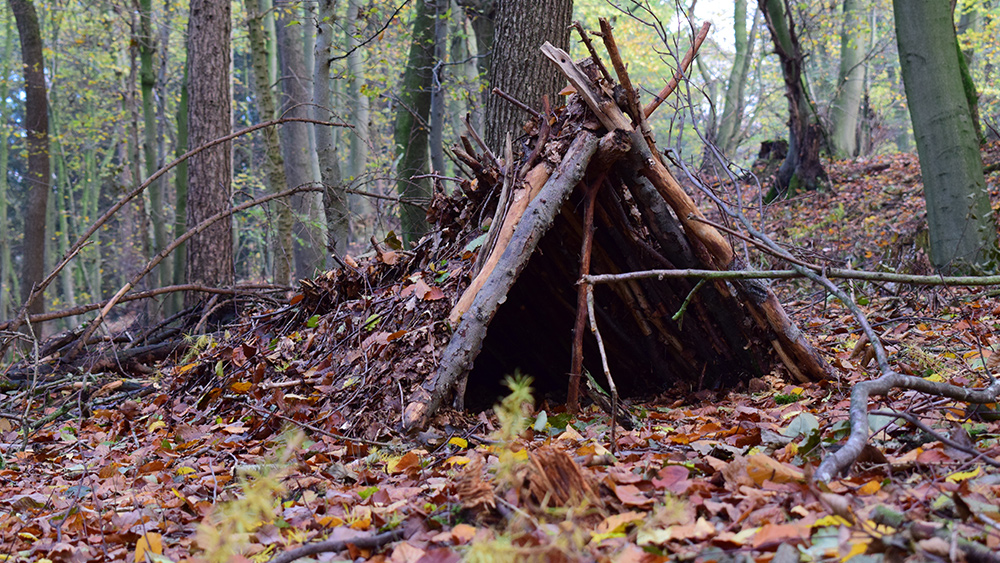
Many preppers will have the time and resources to prepare a retreat or hideout in the proverbial hills. You, on the other hand, might only be able to afford a recreational vehicle (RV). In that case, an article in The Survivalist Blog has tips on how to bug out in a motorhome, trailer, or pop-up camper when SHTF.
The right RV for the bug-out job
The first step is picking the right RV for your needs. Each type of recreational vehicle has its own strengths and weaknesses.
Class A motorhomes are the largest ones. They are self-contained vehicles with a generator and full-sized kitchen and bathroom. However, they are difficult to maneuver and easily spotted. If you plan to use one, bug out very early before the roads get blocked.
Class C motorhomes are smaller than Class A units. They have galley kitchens, smaller bathrooms, and a bed. They are considered decent options.
Class B motorhomes are even smaller with proportionally less resources. However, they are also the least noticeable and the most agile motorhome. Take steps to prevent them from breaking down at the worst possible time.
Pull-behind trailers are towed behind another vehicle. They are not good bug-out vehicles because they are separate from their towing vehicle. You cannot get to your supplies if you are on the move; you have to stop.
A pop-up camper is worse because it has to be folded down before it can be towed. You may end up abandoning the camper to looters in order to escape.
Truck campers turn the bed of a pickup truck into living quarters. It blends well with other vehicles, but it may be too small for large groups of people. (Related: SHTF Prepping video library uploaded to Brighteon.com: Learn how to grow food, bug out, disarm attackers and build bulletproof armor.)
Planning routes and modifying your RV for when SHTF
The most important part is mapping your bug-out route ahead of time. Avoid choke points like bridges, which can get clogged up by traffic. Look for alternate routes in case your primary route becomes impassable.
Plan around the capabilities and limitations of your RV. It can carry more resources, but it is less maneuverable than a car or truck.
Equip your RV with the supplies and equipment you will need. Bear in mind the recommended weight limitations so that you avoid overloading the vehicle.
Some helpful modifications include replacing the lights with LED equivalents, installing solar panels or a wind turbine, increasing the insulation, and replacing the standard tires with heavy duty or run flat versions. Stock up on bearing grease, fluids, fuel, and spare parts that keep the RV running.
For yourself and your companions, stockpile sanitation and personal hygiene items, food, water, storage and space items, and power needs. The last includes cooking, cooling, heating, and lighting items.
Make sure to keep your recreational vehicle in good working condition. It must run the moment you have to bug out.
Priorities for bugging out in an RV
You main goal is to keep your RV moving. Do not stop until you are clear of looters and thieves, or until you have reached your bug-out shelter.
Do not forget to perform regular maintenance on your vehicle throughout the trip. RVs are very sturdy and built for long trips. However, any vehicle will break down if you do not take care of it.
Learn how your RV operates. You must know what part is malfunctioning and what you can do to repair or replace it – like getting substitute parts from broken-down cars that you pass by.
You can pick up more tips for surviving a SHTF world at BugOut.news.
Sources include:
Please contact us for more information.





















